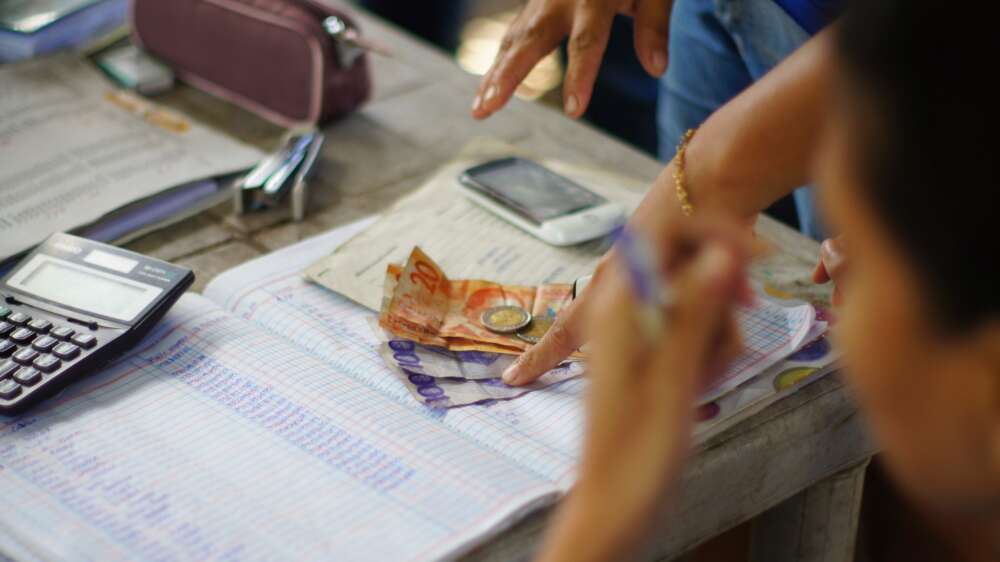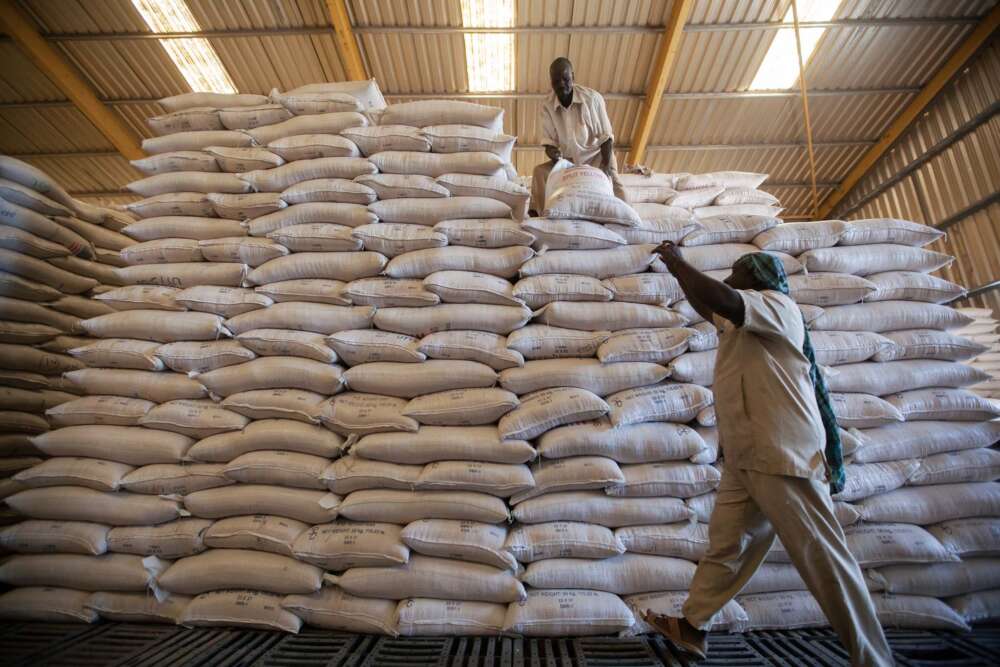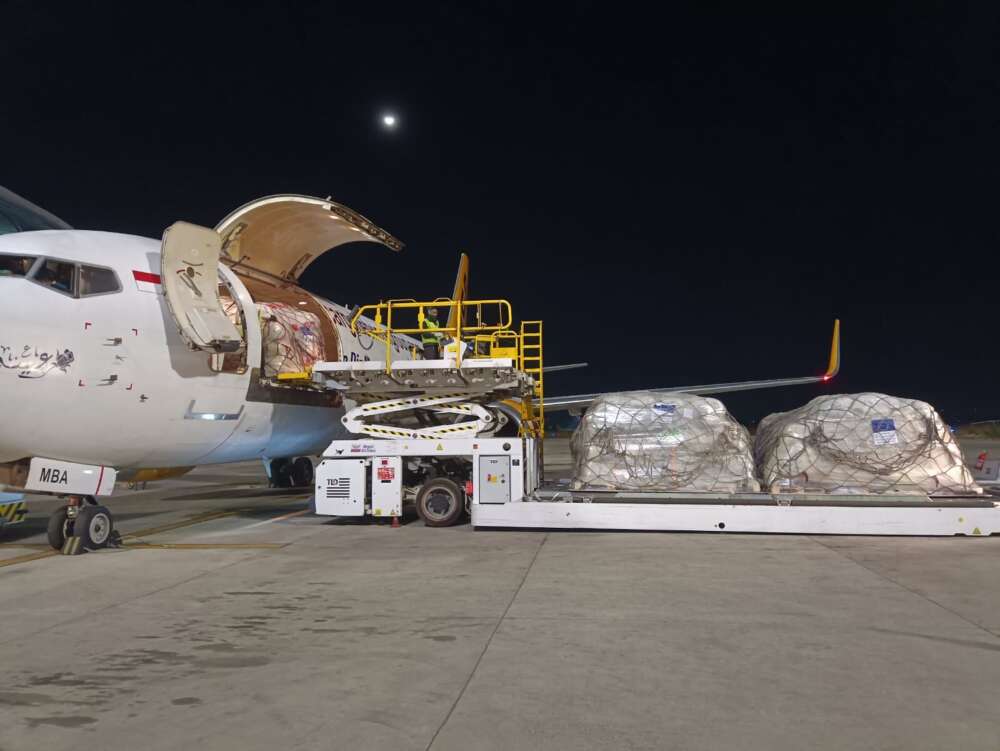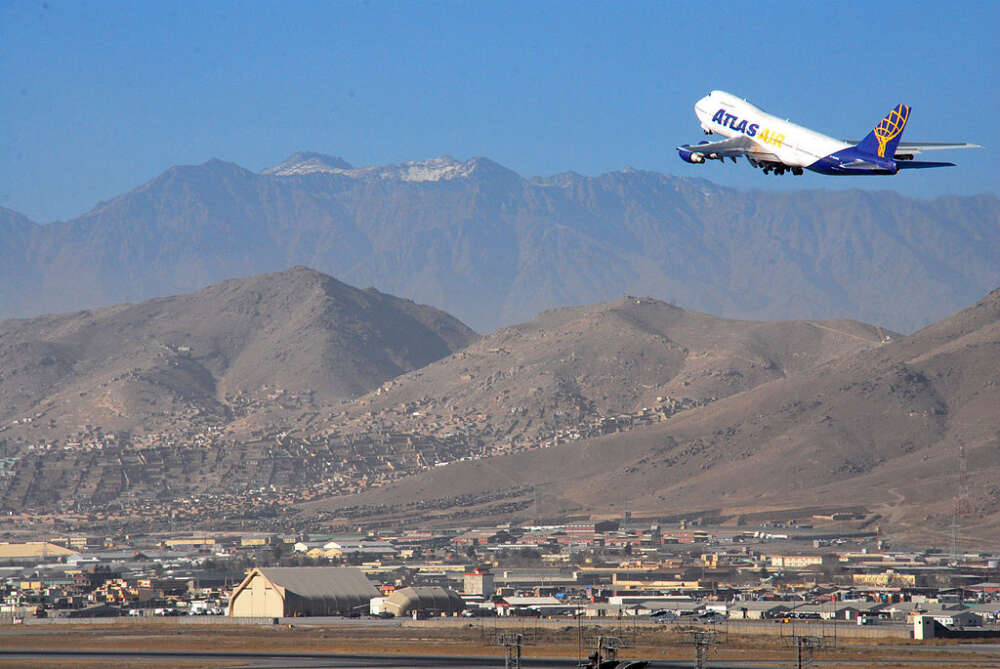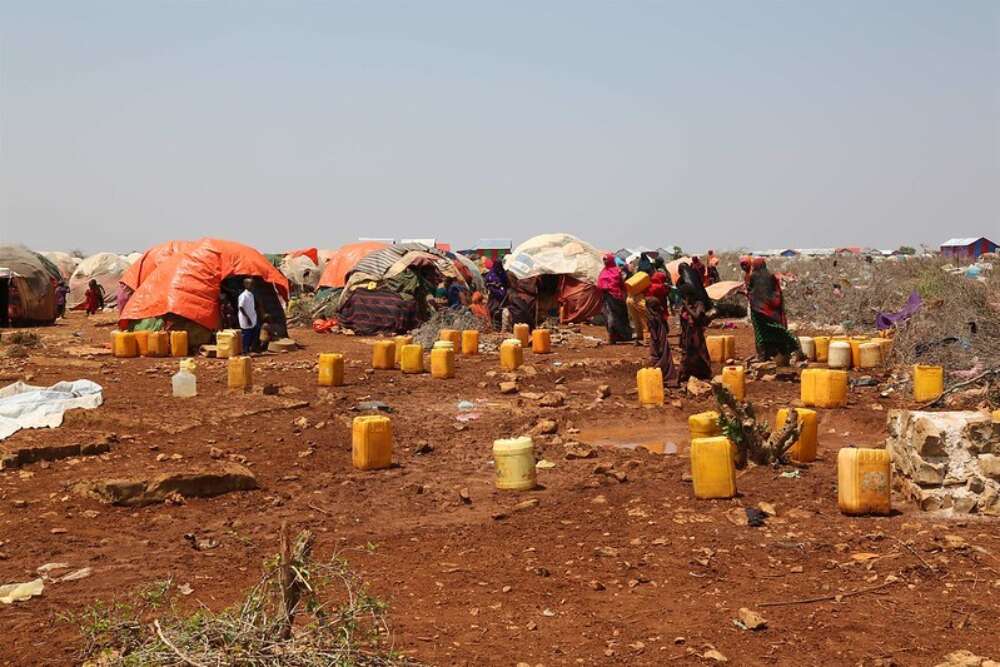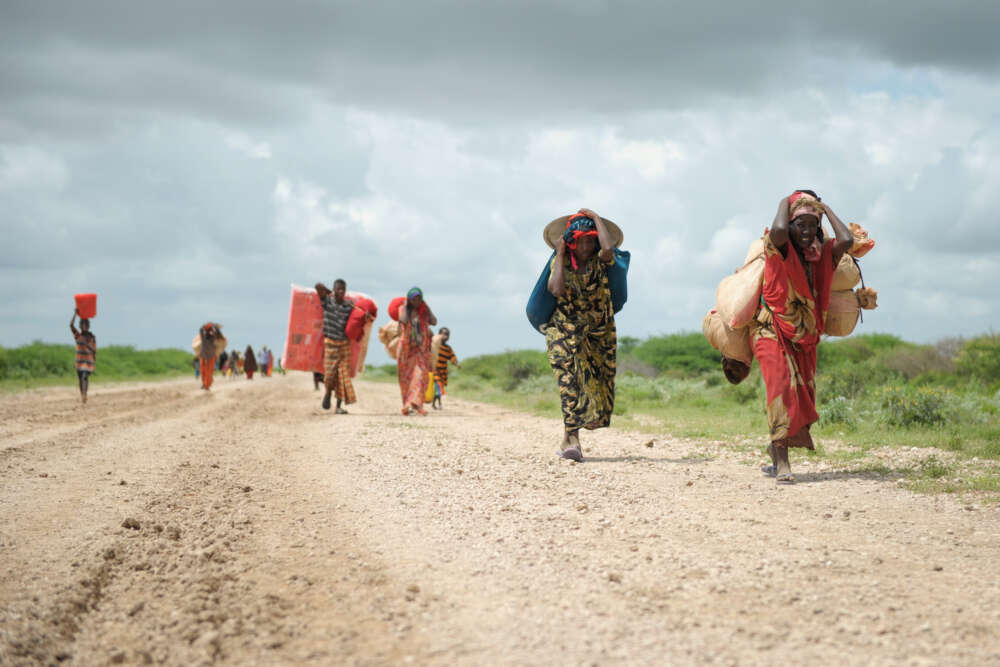What to Do About the Lack of International Aid to Syrians After the Earthquake
Defend Principles and Invest in Local Capacity
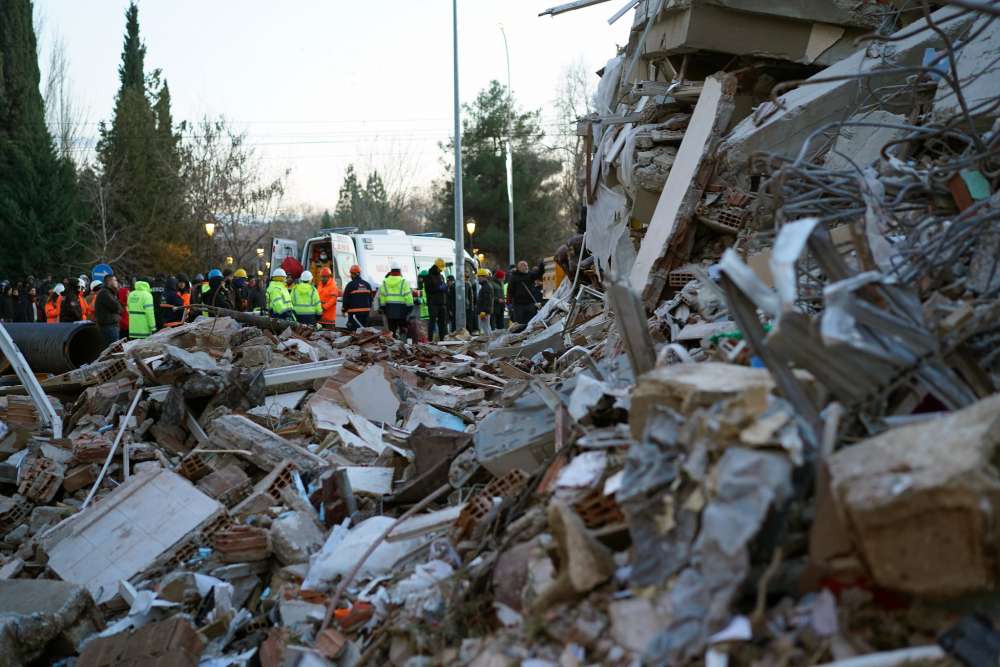
Immediately after the earthquakes happened in Turkey and Syria, locals started pulling survivors from the rubble with their bare hands, saving hundreds, if not thousands of lives. Without them, the terrible death toll – which keeps rising and currently stands at almost 12.000 people confirmed dead – would be much higher. National and international search and rescue teams then usually come as critical reinforcements, bringing heavier equipment and helping evacuate the wounded to areas where they may have a better chance to get medical treatment. The more general aid machinery also gets into gear, bringing water, medicine, food and temporary shelter to survivors. Unless you live in an area your government has been fighting against or trying to supress, that is.
As the Turkish government issued its request for international assistance, the Syrian government remained auspiciously silent. Without such a request, no state can send search and rescue teams in the critical hours after the disaster struck. On the Syrian side, the earthquake primarily hit the opposition-held areas around Idlib. Searching for and rescuing survivors was therefore not a priority for the Syrian government. For the same reason, channelling aid through the government and lifting sanctions, as it demands, it unlikely to improve the situation. Instead, international assistance needs to be brought into opposition-held areas directly, crossing over the border from Turkey.
The UN’s spokespeople issued statements lamenting that sending cross-border aid was no longer possible because the road around the crossing point in Bab al-Hawa was destroyed. What they did not mention is that this situation was entirely deliberate: A number of different roads and access routes lead from Turkey into Northern Syria. Yet, the government and its international allies closed all other crossing points over the previous years. The international community did try to negotiate and press for access repeatedly. Ultimately, however, it only managed to keep this one crossing point open and gave in to other demands, allowing the Syrian government much control over who gets and who does not get assistance and enabling its cronies to land many of the lucrative contracts associated with aid delivery.
Syria is not the only context in which the international humanitarian community has made too many compromises for too long. Why is that and what could we do differently to avoid this from happening again? There are three main reasons why humanitarians have ended up repeatedly in situations that flagrantly violate the humanitarian principles of impartiality and neutrality:
First, humanitarians care about and are being paid for saving lives and alleviating human suffering. Dictators, governments or armed groups who do not much value human life – particularly not of groups opposing them – can exploit this. In Syria, Ethiopia and Yemen, among others, they have managed to impose conditions on aid and achieve more control over who delivers and receives assistance in exchange for allowing humanitarians to deliver any aid at all.
Second, humanitarians are trained to respond to crises as quickly as possible. In sudden emergencies like an earthquake, the first hours and days are critical, even if the consequences of the disaster will be felt for much longer. That makes it hard to adequately feature longer-term consequences into decisions that are being made. And so one small concession in order to be able to deliver and to deliver quickly is followed by another small compromise. All of these are very hard to walk back on and over time build up to situations one would never have accepted had one known where the path would lead to.
Third, ‘presence’ is a key currency for humanitarian organisations. When raising funds, there is no competitive advantage quite like being able to say ‘we are there, on the ground, and we are the only ones.’ That makes it difficult for humanitarians to agree on joint red lines for negotiations and to stick to them and enables dictators or governments to play individual humanitarian organisations off against each other.
Taking a tougher stance when negotiating with dictators, problematic governments or armed groups means that humanitarians will not be able to deliver assistance in some areas, at least not in the short term. That is a tragic trade-off to make. Yet it is necessary to protect the credibility of humanitarian action, which is based on assisting whoever is most in need and resisting any attempts to be used for political or other purposes. In the long-term, this credibility is what will enable humanitarians to keep working even in very challenging environments.
We can only hope, therefore, that seeing the disastrous consequences of their previous course of action in Syria and understanding the mechanisms behind it help humanitarians better consider the long-term consequences of their actions next time and to stick more closely together. Donors could help if they made clear that they support principled humanitarian assistance, rather than funding whoever is present on the ground without asking what price was paid for this presence. This would mean continuing to fund organisations even when they lose their access because they are not willing to make certain compromises. The current situation in Syria should also be one more reason to find good local organisations and to be ready to support them directly in case a sudden disaster strikes.
This commentary was originally published on Agenda Pública on February 10, 2022.
